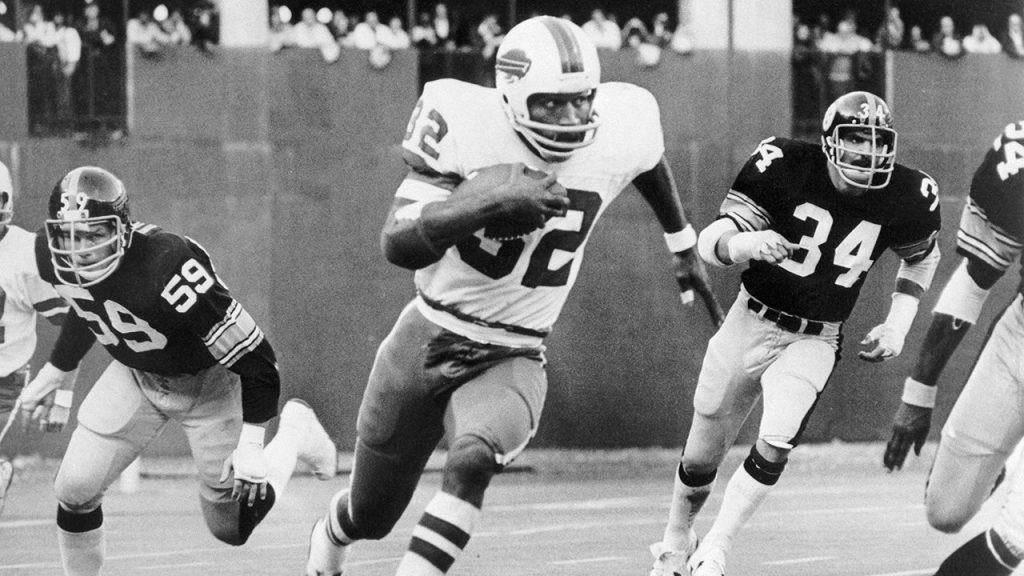O.J. Simpson’s remains will be cremated and his brain will not be donated to research for chronic traumatic encephalopathy (CTE), according to his attorney and executor Malcolm LaVergne. The decision was made by the family, who gave a “hard no” to the calls for Simpson’s brain to be donated. CTE is a degenerative brain disease that is likely caused by repeated head injuries, and it can only be diagnosed posthumously through a brain autopsy. The connection between former NFL players and CTE has been hotly debated, with a recent study finding that 92% of former NFL players studied were found to have CTE.
Simpson, who had a prolific NFL career but was shunned after the 1994 killings of his ex-wife and another man, died this week at the age of 76 after battling prostate cancer. His attorney confirmed that Simpson’s remains will be cremated, as per his wishes, and there may be a “celebration of life-type service” for close friends and family at a later date. Despite his controversial past, Simpson’s legacy in the NFL and his life will be honored by those close to him. While his brain will not be donated for CTE research, the debate over the disease and its connection to head injuries in football players continues to be a topic of discussion in the sports world.
The decision not to donate Simpson’s brain for research highlights the ongoing concern over the long-term effects of head injuries in athletes, particularly in contact sports like football. CTE is a serious and debilitating disease that has been linked to repeated head trauma, and research into its causes and treatments is ongoing. The Mayo Clinic describes CTE as a degenerative brain disease that can only be diagnosed posthumously through a brain autopsy. While there are no definitive symptoms of the disease, anger is often associated with those diagnosed.
The Boston University CTE Center’s study of former NFL players found a high prevalence of CTE, with 92% of those studied showing signs of the disease. This research has raised awareness of the risks of head injuries in sports and has led to changes in the way concussions are diagnosed and treated. While the link between CTE and football has been a topic of debate for years, the findings of this study suggest that there is a significant risk of long-term brain damage for athletes who experience repeated head trauma.
Simpson’s decision to have his remains cremated and not donate his brain for CTE research reflects his desire for his children to have control over his body after his death. Despite his controversial past and legal troubles, Simpson’s legacy in the NFL and his impact on the sports world cannot be denied. While his decision may disappoint some who hoped to learn more about the effects of head injuries in athletes, the debate over CTE and its connection to football will continue to be an important topic in the world of sports and medical research.


